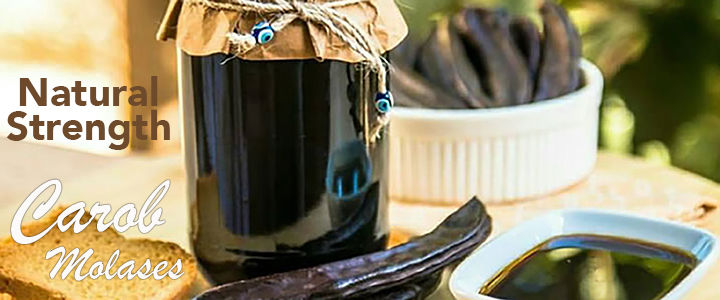English
You have no items in your shopping cart.
Soda & Pop
BEYPAZARI Natural Mineral Water 6 x 200ml (Maden Suyu/Soda)
The human body needs minerals and vitamins every day. One of the easiest ways to meet your mineral needs may be to drink Beypazarı Natural Mineral Water. Mineral water, which is extremely rich in minerals, also has the feature of soothing the stomach. Beypazarı Natural Mineral Water contains calcium, magnesium, phosphate, potassium and sodium. Most of these minerals are needed to maintain health and increase the body's resistance to diseases. You can meet these needs by drinking one natural mineral water every day.
$9.99
FANTA Orange Soda 2L
Fanta Orange, with its refreshing taste with orange, is a good alternative in scorching heat or next to meals.
$7.99
FRESA Inisdibi Mineral Water 6 x 200 ml
Inişdibi Natural Mineral Water is one of the rare cold natural mineral waters in the world. It is a Ca-HCO3 type mineral water with zero bacteria and no nitrite. Since the amount of sodium in its liter is less than 20 mg, it has a structure that can be easily consumed by those on a sodium diet. It is a drink that pregnant and children can safely consume together with the minerals it contains. Thanks to its balanced mineral structure, it can be bottled as in its source without the need for any pre-treatment. Filling from the source also eliminates any risk of microbe contamination.
$11.99
Hell Energy Drink 24 Cans 250 ml Each with Deposit from Romania
This soft drink is made with dry elderberry and lemon infused with natural Romanian, mineral-rich water. Known for their healing properties, elderberries boost the immune system, prevent diabetes, slow down the spread of cancer, protect against bacteria and infection, moderate the digestive process, lower blood pressure, help with weight loss, and relieve allergies. Enjoy this refreshing soft drink along with the health benefits this beverage has to offer. No artificial colors.
$59.99
KIZILAY Natural Mineral Water 6 x 200 ml
Kızılay mineral water, which always brings you the simplest form of nature, has the largest mineral water factories in the Middle East and the Balkans. Kızılay, which has resources of Afyon Gazlıgöl since 1926 and Erzincan Akyazı as of 2014, delivers the special tastes of these two sources, which are health warehouses, to consumers by providing hygienic controls.
$9.99
KVAS Yellow Barrel 1.5L
Kvass is a traditional fermented Slavic and Baltic beverage commonly made from rye bread, which is known in many Central and Eastern European and Asian countries as "black bread". The colour of the bread used contributes to the colour of the resulting drink
$7.99
.gif)












































.jpeg)